Interview with Mary Grace Henry, founder of Reverse The Course
One of Mary Grace Henry’s favorite quotes is from Mother Teresa:
Not all of us can do great things, but we can all do small things with great love.
– Mother Teresa
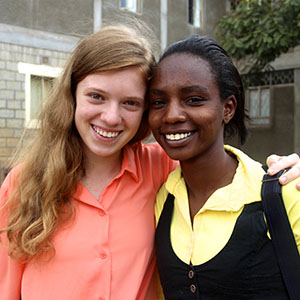 Doing small things with great love epitomizes the work of Mary Grace, recipient of our 2014 Youth Award. That combined with an ability to achieve anything she puts her mind to.
Doing small things with great love epitomizes the work of Mary Grace, recipient of our 2014 Youth Award. That combined with an ability to achieve anything she puts her mind to.
“My advice is just to begin,” Mary Grace told us. “When you see a need, act. Dream big, but start small, taking little steps.”
When she was 12, Mary Grace became determined to change the life of an underprivileged girl by funding her education. She taught herself how to make reversible headbands with a plan to use 100% of the profits to send girls living in extreme poverty to school.
“I realized that the very best tool that would give someone a real chance was one she could use to pursue her own dreams: an education,” Mary Grace said.
Undaunted by the fact that she knew nothing about sewing or running a business, Mary Grace got to work. She asked her parents for an early birthday present – a sewing machine, practiced sewing headbands for months, and eventually made enough to sell at her school’s bookstore.
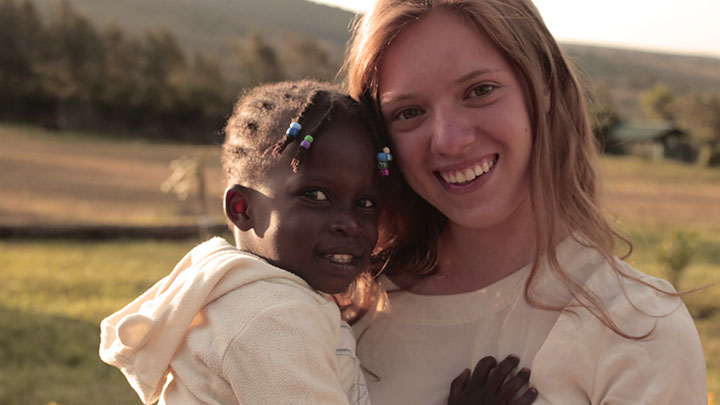
Pretty soon, Mary Grace had raised enough money to reach her goal. But she couldn’t stop there: so many other girls still did not have access to education.
“The greatest obstacle to education faced by both girls and boys is poverty,” Mary Grace said. “Girls, though, face a second hurdle that is far more difficult to address: their culture. In many countries throughout the world, girls are viewed as having not just lesser value than boys, but often devastatingly little or no value.”
Today, Mary Grace is the Founder of Reverse The Course, a social business that has sold more than 11,000 hair accessories, through her website and through retail partners in seven states, to fund the education of girls in Kenya, Uganda, Paraguay and Haiti.
Read more below about why Mary Grace started Reverse The Course, and why she doesn’t plan on slowing down anytime soon:
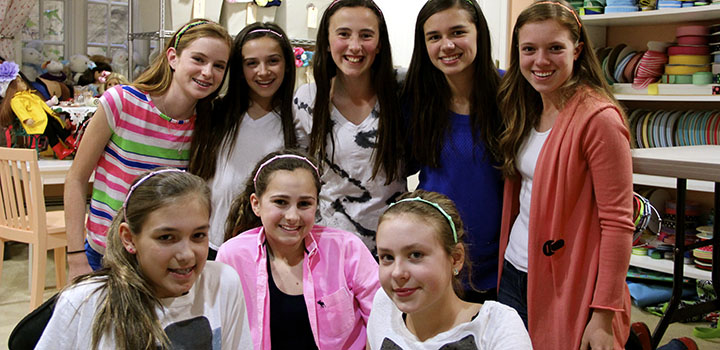
1. What do you think is the number one obstacle preventing girls from getting an education?
The greatest obstacle to education faced by both girls and boys is poverty. Girls, though, face a second hurdle that is far more difficult to address: their culture. In many countries throughout the world, girls are viewed as having not just lesser value than boys, but often devastatingly little or no value.
This manifests itself in different ways depending on geography and, in many countries, religion. Girls are aborted because families do not want to pay a dowry; desperately poor families sell their daughters, dooming them to lives chained to a sewing machines 15 hours a day; in many regions, women and girls are used as “free labor;” in places where a woman’s value is in the number of children she bears, girls as young as 11 and 12 are married. Families often believe it is better to invest in sons who will remain with them than in daughters who will join their husbands’ families.
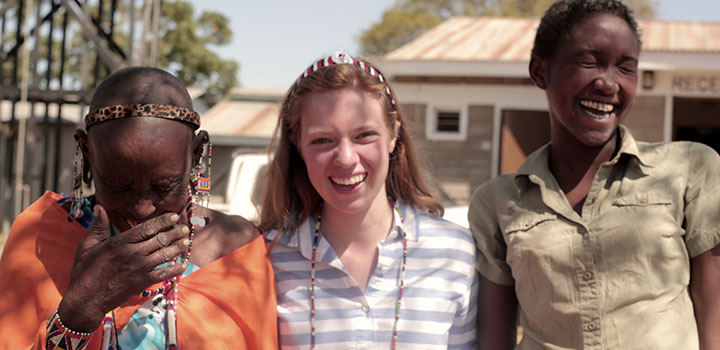
Though the patriarchal society dominant in so many countries perpetuates the discrimination against girls, the passage of laws mandating primary school education for girls has finally helped put a crack in these barriers.
2. What does it mean to you to win a World of Children?
It means that I am part of something bigger than my dream, part of an entire community that cares deeply about the fate of the most vulnerable: children.
World of Children’s network will be a resource in ways I have yet to comprehend. This Award is a seal of approval that will allow us to become more financially stable, ensuring the Foundation’s ability to expand and continue our mission to educate girls.
The World of Children Youth Award validates my work as being effective, empowering and life-changing in “reversing the course” of marginalized girls’ lives. I am humbled and forever grateful that I’ve been chosen for this extraordinary honor.
3. Do you have any advice for any other young people who want to start programs for vulnerable children?
One of my favorite quotes is from Mother Teresa: “Not all of us can do great things, but we can all do small things with great love.”
My advice is to just begin. When you see a need, act. Dream big, but start small, taking little steps. Set an initial goal and don’t scare yourself thinking about the “what ifs.” Each step taken will present both new opportunities and new challenges. Face each one as it comes and then keep going. All those little steps, done with love, will lead you to places impossible to imagine.
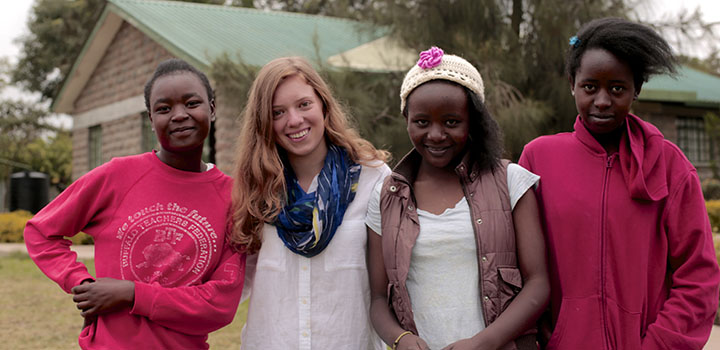
4. With all that you have accomplished, could you share one moment that has stuck with you?
Growing up, I was always talking about what I wanted to be. I spent a year wanting to be an artist, another a teacher, several years envisioning myself as an astronaut.
When I asked Barbara Lee Shaw, the Founder of the Maasai Girls Education Fund, to find out what our students wanted to be, I expected to hear similar answers.
A month later, Barbara called me to say that when the girls were asked to write me a little note answering my question, they sat looking at the discussion leader, Lucy, silently. When she repeated the request, one girl raised her hand and asked what did “to be” mean. As Lucy explained, one girl looked shocked and said she never thought she could be anything except what the village elders told her to be. Another girl began to cry as she thought about all the possibilities before her. That was when I fully comprehended my work was really accomplishing what I hoped: giving girls the chance to define their own dreams.
On November 6, Mary Grace will be honored in New York City with the 2014 World of Children Youth Award at our annual Awards Ceremony along with 5 other extraordinary changemakers for children. Learn more >>